Chapter 1
Introduction
Against the backdrop of 21st Century challenges such as increasing inequalities, the climate emergency and the COVID-19 pandemic, volunteerism could play a role in “building forward better” by transforming the underlying economic, political, environmental and social systems. The UN Secretary-General has called for a “new social contract for a new era”,¹ a dynamic and evolving agreement between people and the state founded on new norms, systems and governance structures that delivers for all. Building more equal and inclusive societies is central to these endeavours.
There is a need to approach development differently, as a process to which volunteers can contribute. But the way forward is not yet clear. Currently, the world is in the process of searching for the new “social contract” and a new consensus on the rights and obligations, and roles and opportunities, of different stakeholders in society.
[1] Taken from the UN Secretary General’s Nelson 2020 Mandela Annual Lecture, “Tackling Inequality: A New Social Contract for a New Era”, available at https://www.un.org/sustainabledevelopment/a-new-social-contract-for-a-new-era/.
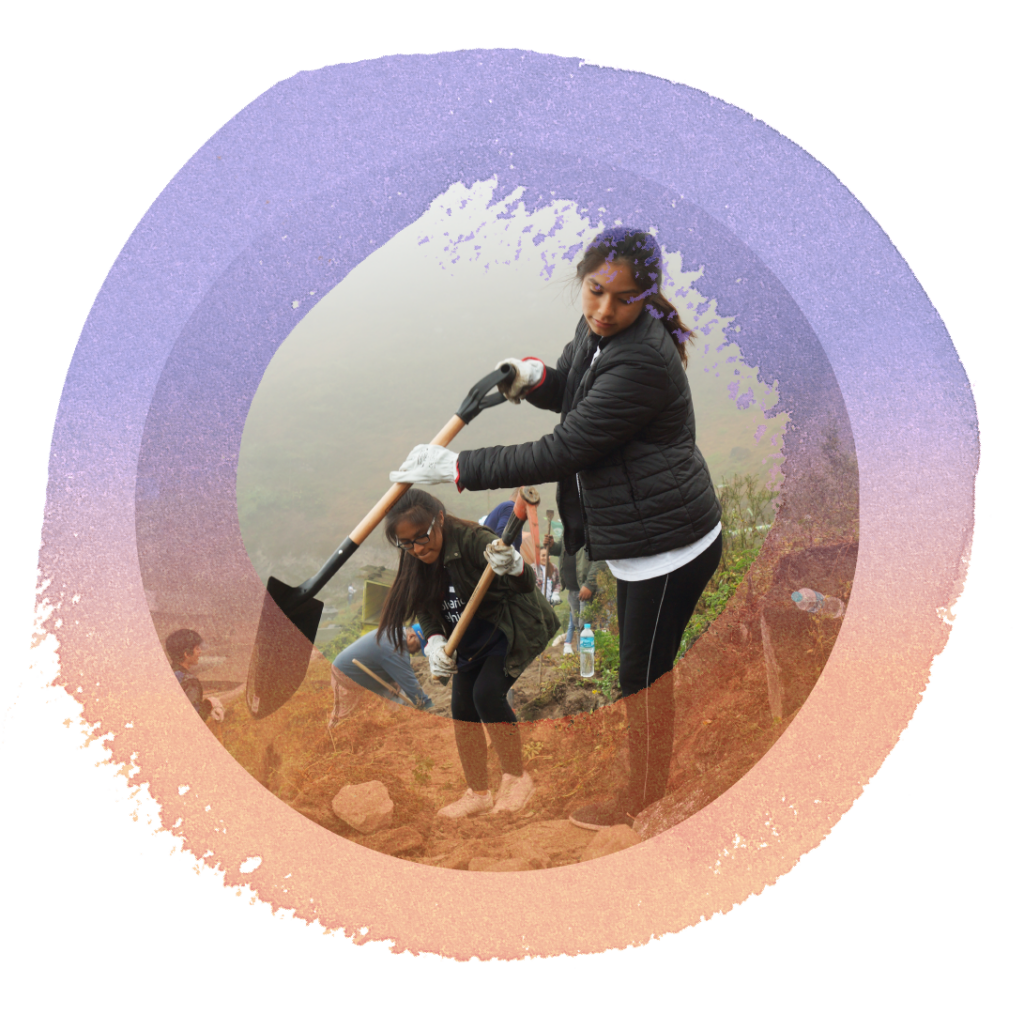
Key Highlights
Key Infographics
- Figure 1.1. A model for volunteering practices in the 21st Century
- Figure 1.3. Evolving volunteer–state relationships
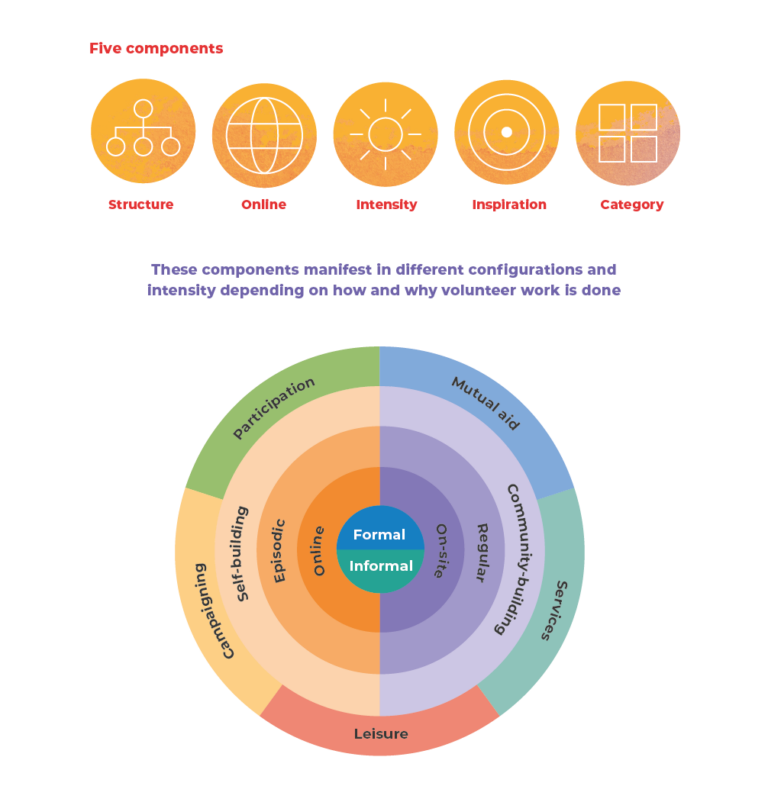
Evolving power relationships
Who participates?
To what extent?
For what outcome?
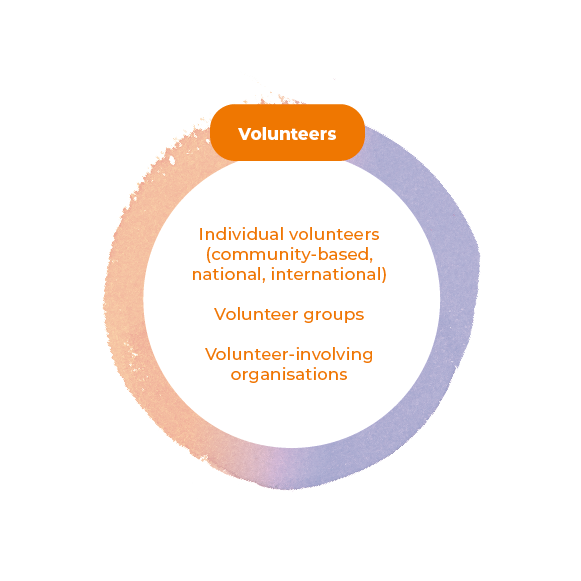
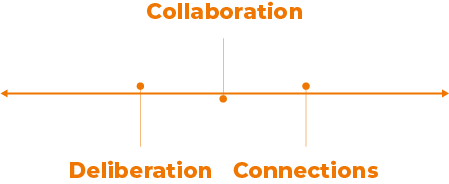
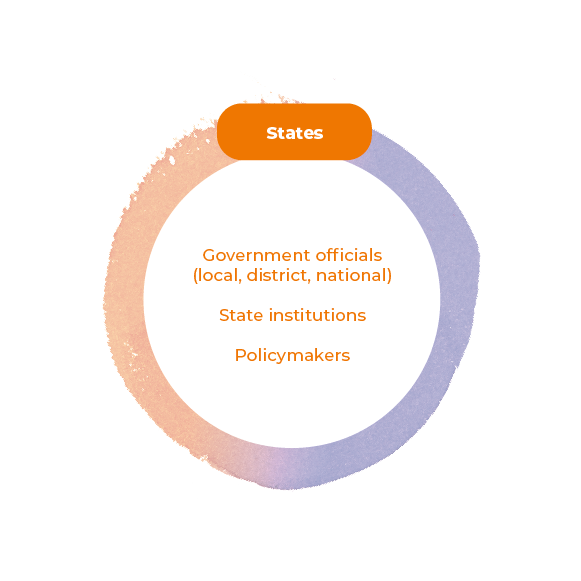
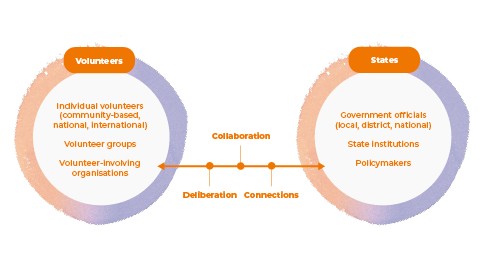
Conclusion
If a global reset towards building more equal and inclusive societies is to be achieved, stakeholders and volunteers will need to work in new ways so that the most marginalized and vulnerable groups can participate as equals. This means not only new structures and opportunities that facilitate participation but also a change in the mindset of all actors, via a new social contract.

